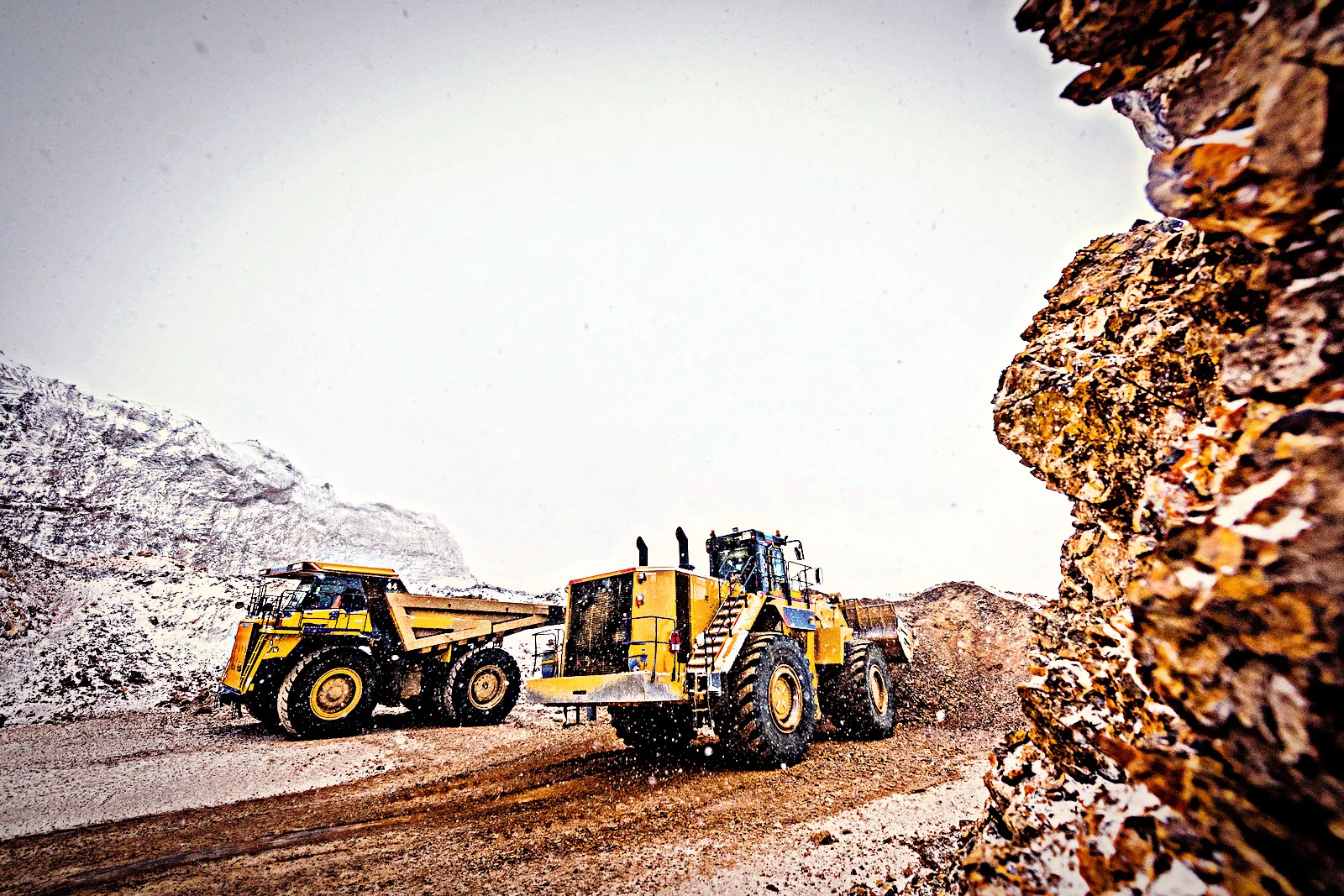
Rare Earth Minerals: China’s Tool to Win Trade Wars
The trade war between the U.S. and China has been taking place for almost a year and both economies have been battered as a result. Throughout 2018, China’s economic growth was recorded at 6.6%. In the first quarter of 2019, China was only able to record an economic growth rate of 6.4%. These are the lowest numbers in decades.
Concerning the U.S., although in the fourth quarter of last year, its economy grew at an anemic 2.6%, which is much slower than the previous quarter at 3.4%, in the first quarter of 2019, the U.S. managed to reverse the situation and the economy actually grew at a stronger rate than expected, at 3.2%.
In the wake of the import duty tariff war, the confrontation developed into a national security issue. The Trump administration accused the Chinese telecommunication giant Huawei of carrying out espionage for the Chinese government by way of the technology and software it sells to the U.S.
The U.S. is also seeking support from its allies in confronting Huawei. This attempt has proved successful, seeing as a number of European countries have finally reviewed their projects with Huawei. As a result, China is preparing to launch a counterattack using rare earth minerals as a potential weapon.
A recent report indicates that China would retaliate against the U.S. by limiting the exports of rare earth minerals, which would be detrimental to the U.S. This commodity is important for the U.S. as raw materials are used for the production of technological devices and military equipment.
Rare earth elements are a group of 17 chemical elements used in various consumer products, ranging from iPhones, and electric vehicles to flat-screen televisions. The use of rare earth minerals as a tool by China to retaliate against Washington is a genuine possibility. With China controlling 95% of the world’s rare earth supplies, this will likely be a powerful weapon in the trade war.
The U.S. is very dependent on China when it comes to rare earth minerals. Because of this, rare earth minerals have not been subject to an increase in import duties by the Trump administration.
The Chinese state media’s suggestions to lower rare earth exports to the U.S. in retaliation for U.S. actions to increase import duties have triggered fears among American manufacturers.
Despite dominating supply, China is not the only country with large reserves of rare earth minerals. The U.S. Geological Survey estimates that last year there were 120 million tons of metal reserves worldwide including 44 million in China as well as 22 million in Brazil and Vietnam. These latter countries, however, do not exploit these reserves for economic purposes in an attempt to avoid environmental damage, as mining metals produce large amounts of toxic waste. In 2003, the Mountain Pass Mine (which is the only rare earth mine in the U.S.) stopped production following an environmental disaster several years earlier.
To fill the gap, China has applied lower costs and loose regulatory assistance. Owing to this, the country has grown rapidly to become the world’s leading rare earth exporter.
Beijing has so far only issued a faint warning that suggests that it will use rare earth minerals as its weapon. If Beijing decides to do so, its impact on U.S. factories could be disastrous.
At the same time, however, to use rare earth minerals as a weapon against the U.S., China needs to be careful. This is because China has been reported to the World Trade Organisation by a number of countries for limiting rare earth metal exports.
At that time, the U.S., the European Union, and Japan accused China of limiting exports to give domestic technology companies an edge over foreign competition. In 2014, the WTO ruled that China had violated the rules of global trade by limiting rare earth metal exports.
Will rare earth minerals be the next weapon of choice for China against the U.S. in this trade war? Beijing is fully aware that it has a degree of leverage over the United States.

